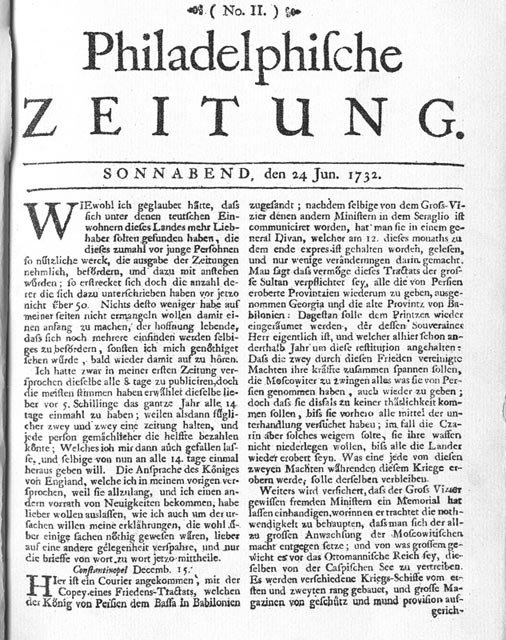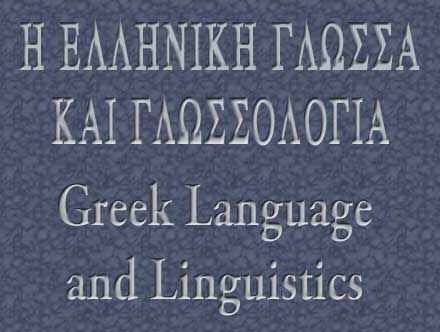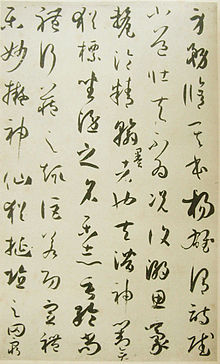The Colonizer's Mentality:
Here is one theory I propose about why some RISA scholars are so desperate and angry. These scholars are used to dealing with certain categories of Indians only, and when someone does not fit any of these stereotyped "boxes", their attempts to apply their standard tools fail, leading them to great frustration:
1. Many Western scholars of Indian religions are used to manipulating and dealing with poor villagers in India, whom they term "native informants," and from whom they extract "research data" using their own biased filters. This has been done often with the collusion of Indian scholars, NGOs and intermediaries. The native informants feel obliged to dish out what is expected of them by the firangi scholar, who has a lot of grant money to throw at the data gathering process.
2. In more recent times, the scholars have also had to deal with a second category of Indians: these are the semi-ignorant and naïve Diaspora students sitting in their classes, on topics such as "Introduction to Hinduism." Given the power and knowledge imbalance, scholars have been able to adjust their teachings to not seem blatantly anti-Hindu, and many have adopted deceptively friendly demeanors and portrayals that often succeed in fooling the youth into imagining that these scholars genuinely respect their traditions and that what they teach must be authentic. Duplicity and ambiguity are used as strategic tools, because it is widely believed that Hindus are non-confrontational by nature. Here, a classic tool of British colonial entrapment has been used. This is best described in the words of the historian John Keay: "Other foes made their intentions clear by denunciations of one's family or religion, and by ravaging the countryside and plundering the towns. The British, generally so restrained in their language and so disciplined in the field, were very different. They could make hostility look like friendship and conquest like a favor. It was difficult to rally support against such tactics."[ lxxxv ]
Prof. Antonio de Nicolas explains the obsession to claim superior rationality for European people:[ lxxxvi ]
"Nothing of what RISA scholars claim of yoga or "Hindu Religion" has much to do with Indic texts and the practice of religion in India. Notice also, that you are dealing mostly with the University of Chicago. My personal experience with them in philosophy is as bad as yours in religion. [According to these scholars,] Indic texts have no rationality, they are mythical and therefore not historical and therefore false or irrational. Have you asked yourself why? My conclusions come from the way they handled history in ancient times when those same scholars were called Akkhedians , stole writing from the Phoenicians and rewrote history for everyone else so that their dates would make them be the first to hold knowledge, the One (conceptual) God, and mostly revelation, the prophetic voice. Of course we know all this is wrong , but their attitude has not changed. I was told that it was impossible for a Hindu, mythic text to be philosophical for it was not historical and therefore irrational. My answer is that to proclaim one single rationality as RATIONAL is sheer irrationality and conceptual imperialism."
Prof. Gayatri Chakravorty-Spivak explains this denial of Indians' agency by Western historians, to make the same point:[ lxxxvii ]
""¦it is almost as if we don't exist. That is to say, colonials, even upper-class colonials, do not exist as agents. It is not as though these historians don't know a lot of people like that when they go for their fieldwork and so on. But when it comes to the work they present we never hear of people"¦you never see anything that puts them on the same level of human agency."
Prof. Dilip Chakrabarti explains how the West has bred and bought off a whole generation of elitist Indians, and how this axis operates today:[ lxxxviii ]
""¦after Independence"¦ [Indians] – especially those from the 'established' families – were no longer apprehensive of choosing History as an academic career"¦. To join the mainstream, the historians could do a number of things: expound the ruling political philosophy of the day, develop the art of sycophancy to near-perfection or develop contacts with the elite in bureaucracy, army, politics and business. If one had already belonged to this elite by virtue of birth, so much the better. For the truly successful in this endeavour, the rewards were many, one of them being the easy availability of 'foreign' scholarships/fellowships, grants, etc. not merely for themselves but also for their protégés and the progeny. On the other hand, with the emergence of some specialist centers in the field of South Asian social sciences in the 'foreign' universities, there was no lack of people with different kinds of academic and not-so-academic interest in South Asian history in those places too, and the more clever and successful of them soon developed a tacit patron-client relationship with their Indian counterparts, at least in the major Indian universities and other centers of learning. In some cases, 'institutes' or 'cultural centres' of foreign agencies were set up in Indian metropolises themselves, drawing a large crowd of Indians in search of short-term grants or fellowships, invitations to conferences, or even plain free drinks."
We Are Not Native Informants Any More!
Therefore, the specific kind of Indian that certain RISAologists are most uncomfortable in dealing with is anyone who is already successful in a "Western" organization, and especially anyone who has managed over a large number of Westerners for an extensive period of time. Such a person is not likely to idolize them, or be easily taken for a ride. Any Indian who has succeeded in dealing with Westerners on their own turf must have enough insight into the Western mind, its strengths and weaknesses, and must be self-confident. Scholars can neither exploit such a person as a "native informant," nor patronize him in the same manner as a young NRI student looking for a good grade. For one thing, any such Indian is bound to challenge them, rather than accepting their scholarship at face value, and is likely to be skilled at negotiation.
The Eurocentric superiority complex, so blatant among many aggressive RISA members, is a reaction and Freudian cover for their deeply-rooted inferiority complexes and insecurities. Just as most East India Company officers working in India were low-class Englishmen, often from poor and semi-educated backgrounds, who suddenly transformed themselves into wealthy and powerful rulers after arriving in India, many RISA scholars are rather poorly regarded within mainstream Western society, and yet boss over Indians using their assumed authority.
This has to do with their personal backgrounds. After early years of hippie-like wandering around to "find themselves," many of them successfully "became somebody" when they were nurtured by Indic traditions of various sorts. This led to the academic route, and eventually to becoming high-ranking scholars who can boss over the very traditions that gave them sustenance and made them who they are. Few such scholars have any alternative skills to fall back on within the Western career market. Hence, it is understandable that their bloated egos must cling on to Indic traditions as their personal property.
Meanwhile, within the Western academy, the more specialized someone becomes, the less oversight and due diligence is possible, because there are very few others who are able to challenge them within an ultra specialized field. This breeds cults of micro-specialties, each of which assumes a life of its own.
When assertive Indians show up, the tables are suddenly turned, as described below:
1. The Western scholar of the humanities is sometimes unable to deal with the reality that he/she is lower on the West's own scale of rational training, as compared to successful Indians who are well-educated in science, engineering, medicine, finance, management, entrepreneurship or other areas where analytical skills are critical. (I have challenged certain professors of Hinduism to compare their own SAT college entrance scores with those of the average Indian student in their class, especially in math, to decide whether they should be portraying the Indic traditions as being less rational than the West. I have yet to find anyone accepting this challenge.) Therefore, this business of depicting the Indic traditions as somehow irrational or backward is unsustainable in front of the rational Indians, except by distortion of the facts as illustrated earlier in this essay. It is ironic that some scholars hide behind their "dense writings" with great pride, failing to appreciate that a solid experience in theoretical physics, or in writing software compilers or network protocols, or in negotiating complex 500-page business contracts, involves high-caliber, very terse and rigorous work. Frankly, far too many writings from the religious studies are poorly structured, loosely argued, and sometimes outright illogical.
2. Eurocentric scholars are used to exerting power over Indians who are in Ph.D programs, or are seeking jobs in academe, or must appease them for the sake of being included in conferences or publishing projects, or would like a favorable recommendation for a tenure. Many Indians thus get reprogrammed as sepoys to serve the RISA Raj.[ lxxxix ] However, when someone is secure, and does not want or need any such favors that they could possibly offer, Eurocentric scholars feel terribly insecure and powerless.
3. Most Indians who have encountered scholarly nonsense of the kind described in this essay, who are successful professionally to be assertive, and who are also independent of the academy, are simply ignorant of the subject matter to be able to deal with the scholars on their own turf. This is why, from 1995 through 2000, I devoted almost all of my time reading hundreds of academic books and papers in a wide variety of humanities subjects. Most scholars have read less than this, and are too narrow in their knowledge of academic publications. They are far too busy with administrative and other routines to be able to read so much. This makes any knowledgeable challenger especially threatening to their sense of cultural and personal superiority.
The combination of all three factors mentioned above creates an interesting reversal of the conventional power structure in the field of India related studies. (This is analogous to the complaint from Western corporate women that men often find it hard to respect a female boss, because the conventional power structure is reversed.) They would love to get rid of such "threatening" persons who call out their shortcomings, so that they may go about their exploitative scholarship unimpeded.















